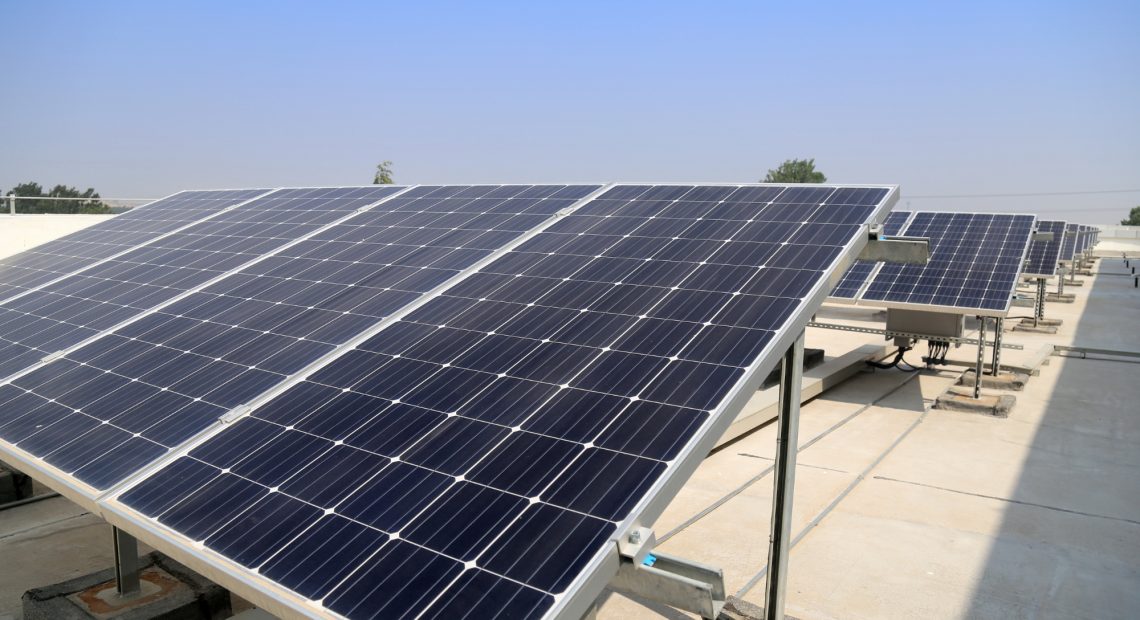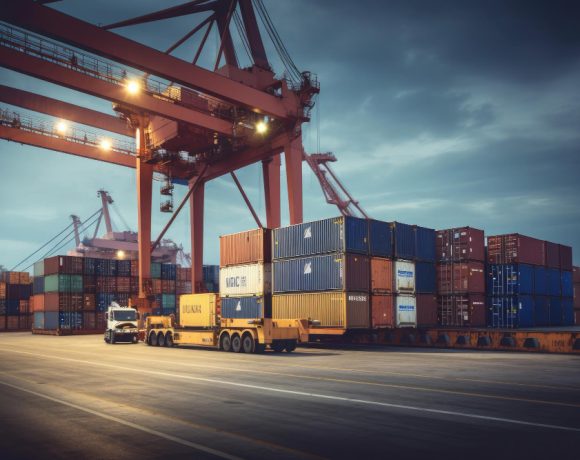
India Introduces Non-Tariff Barriers to Boost Solar Cell Manufacturing
In a significant move to enhance domestic solar manufacturing, the Indian government has imposed non-tariff barriers on solar cell imports. This measure is aimed at reducing dependency on foreign suppliers, particularly from China, while fostering local production.
The Ministry of New and Renewable Energy (MNRE) announced that solar cell imports must now meet stringent quality and safety standards under the Approved List of Models and Manufacturers (ALMM). Additionally, mandatory BIS (Bureau of Indian Standards) certification has been enforced to ensure product quality.
Non-Tariff Measures to Reduce Import Dependency
India, one of the world’s largest renewable energy markets, has been heavily reliant on imports of solar cells and modules, with China being a major supplier. The government’s latest initiative aligns with its broader push for self-reliance under the ‘Make in India’ campaign and its ambitious renewable energy targets.
By mandating ALMM compliance and BIS certification, the government aims to ensure that only high-quality solar products are used in domestic projects. Industry experts believe this will provide a level playing field for Indian manufacturers and reduce the inflow of substandard products.
Focus on Local Production and Green Goals
The new import norms are expected to boost local production, as the Indian solar sector seeks to achieve its goal of 280 GW of installed solar capacity by 2030. To support this, the government has rolled out a series of incentives, including the Production Linked Incentive (PLI) scheme, which has allocated ₹24,000 crore to strengthen solar manufacturing capabilities.
“By introducing these non-tariff measures, India is addressing both quality concerns and creating opportunities for domestic manufacturers,” an MNRE official stated.
Challenges and Industry Response
While the move is widely seen as a positive step, industry insiders have raised concerns about the capacity of local manufacturers to meet growing demand. “The government must ensure that domestic production ramps up swiftly to avoid supply shortages,” said a senior industry executive.
With these measures, India aims to strike a balance between its renewable energy commitments and reducing dependency on imports, while simultaneously creating a robust domestic manufacturing ecosystem.


















